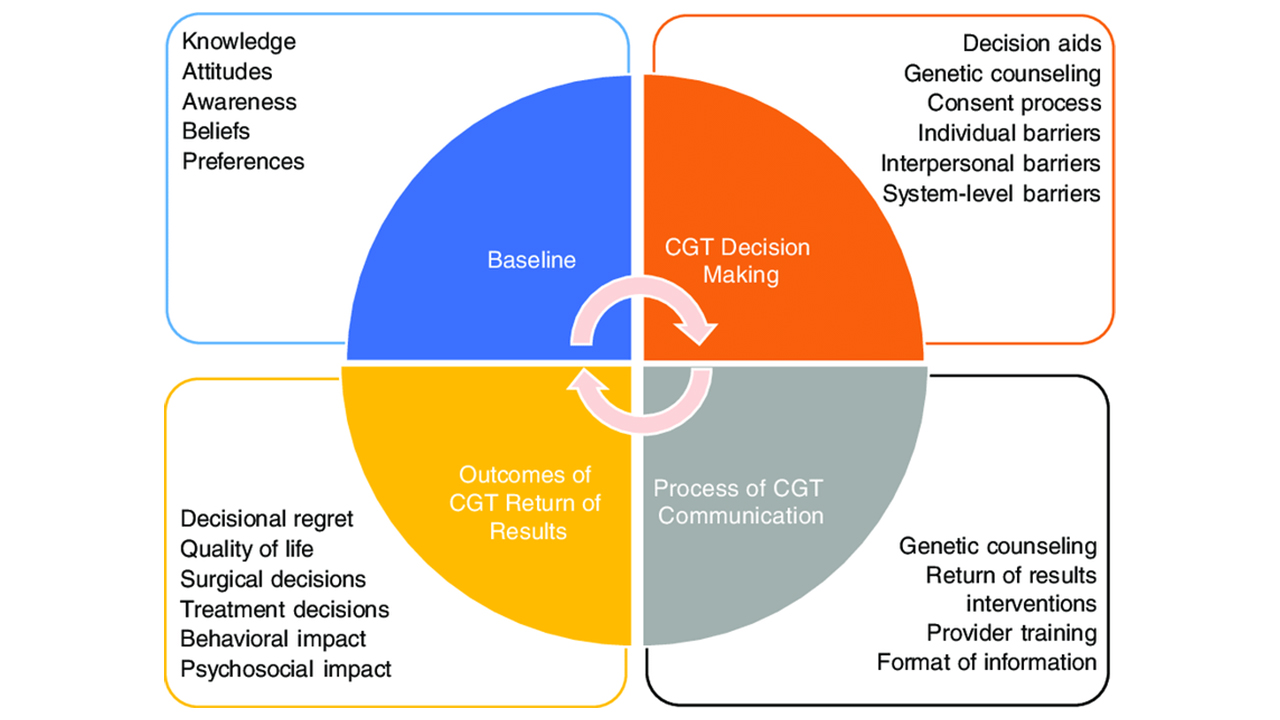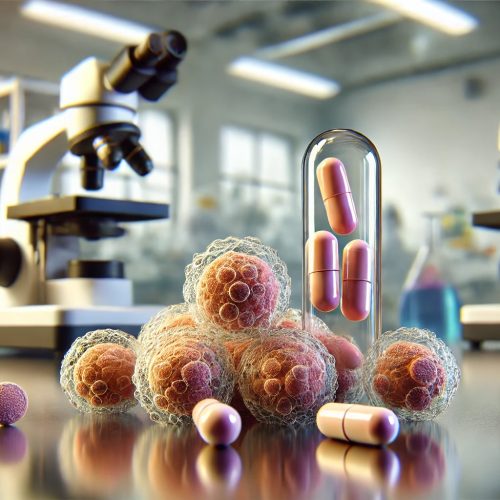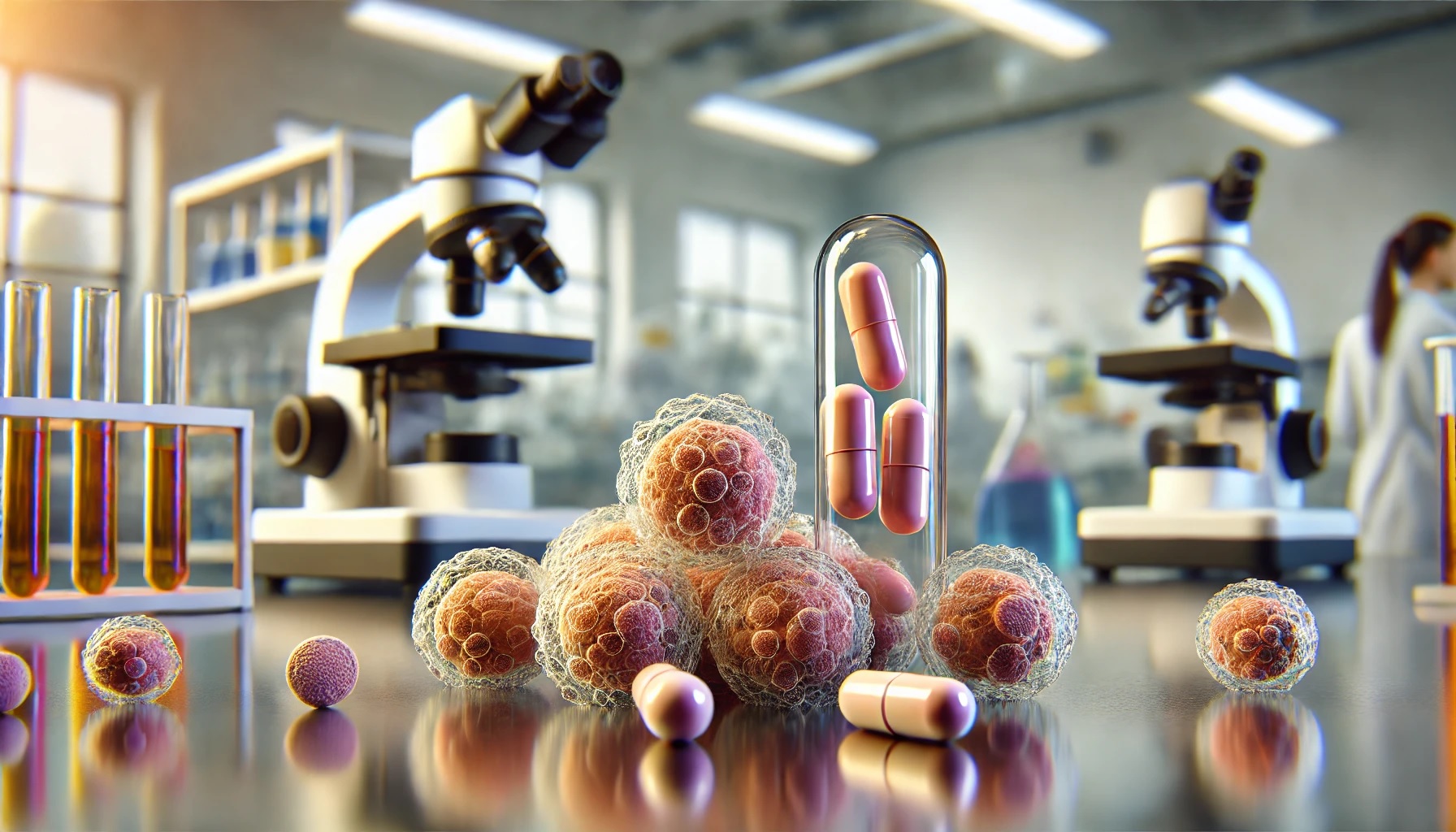In recent decades, researchers have significantly advanced our understanding of the thousands of genes within our cells, their interactions, and their links to cancer.
You may have encountered terms like genomics (genomic testing) and genetics (genetic testing) and wondered what they entail. This article aims to clarify these terms, explore their relationship, and explain their distinctions, particularly in the context of cancer.
1- The Role of Genomics and Genetics in Cancer Science
Genomics and genetics are interconnected fields, each offering valuable insights into gene function and its influence on health.
Genetics is the study of individual genes and their role in inheritance—essentially how genes influence traits or conditions passed down through generations. Genetics delves into the DNA within our cells, which carries the blueprint for protein production, driving cellular activities and bodily functions.
Genomics, however, is the study of an individual’s complete set of genes (the genome) and how these genes interact with one another and the environment. On a broader scale, genomics is enhancing our understanding of the genetic and protein changes within cancer cells, leading to the development of new treatments aimed at these specific alterations. For more information on how genetic changes can lead to cancer, check out our section on Genes and Cancer.
Genomics is also becoming a vital component of cancer care for many patients.
2- The Significance of Genomic Testing in Cancer Care
When it comes to cancer, genomic testing generally refers to the examination of a person’s cancer cells to analyze their genome or parts of it. This testing helps identify gene or protein alterations that differentiate cancer cells from normal ones.
For cancer patients, genomic testing provides essential insights, such as the likely aggressiveness of the cancer and the potential effectiveness of certain treatments, like targeted therapies or immunotherapy.
Other terms for genomic testing include:
- Genomic profiling or genome sequencing
- Biomarker testing
- Tumor genetic testing, tumor marker testing, tumor subtyping, or tumor testing
- Molecular profiling or molecular testing
- Next-generation sequencing
This testing is often performed on a tumor sample obtained through a biopsy or surgery, but it can also be conducted using blood, saliva, or other bodily fluids.
Genomic testing has additional applications beyond those mentioned. To learn more about its relevance in cancer care, refer to our sections on Biomarker Tests and Cancer Treatment and Precision or Personalized Medicine.
3- Differentiating Genetic Testing from Genomic Testing in Cancer
Genetic testing can be interpreted in various ways, but in the realm of cancer, it typically refers to predictive genetic testing. This testing identifies specific inherited gene changes that may elevate cancer risk, known as germline mutations.
Genetic testing is occasionally used for cancer patients, but unlike genomic testing, it is not typically conducted on cancer cells. Instead, it is performed on other cells (like those from blood or saliva samples) to determine if a person has inherited a gene change from a parent, indicating the change is present throughout their body’s cells.
References
- National Human Genome Research Institute. Genetics vs. Genomics Fact Sheet. 2018. Accessed at https://www.genome.gov/about-genomics/fact-sheets/Genetics-vs-Genomics on November 2, 2023.
- National Institute of General Medical Sciences. Studying genes. 2017. Accessed at https://www.nigms.nih.gov/education/Documents/Studying_genes_final.pdf on November 2, 2023.






